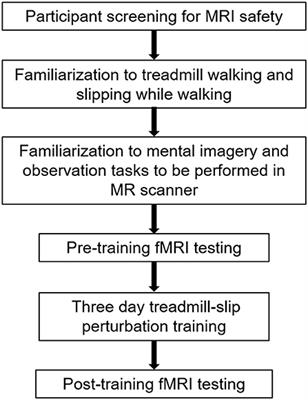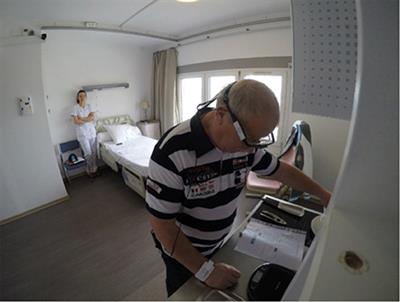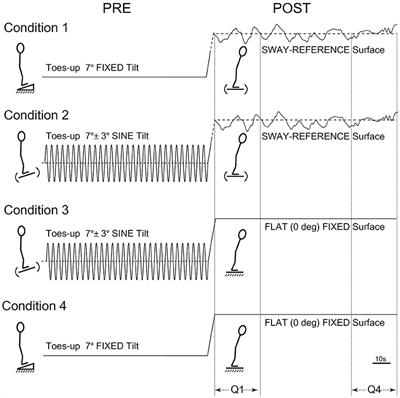EDITORIAL
Published on 31 Oct 2019
Editorial: Current State of Postural Research - Beyond Automatic Behavior
doi 10.3389/fneur.2019.01160
- 1,518 views
- 4 citations
35k
Total downloads
126k
Total views and downloads
EDITORIAL
Published on 31 Oct 2019
CORRECTION
Published on 27 Feb 2019
REVIEW
Published on 07 Feb 2019

ORIGINAL RESEARCH
Published on 23 Jan 2019

ORIGINAL RESEARCH
Published on 23 Jan 2019

ORIGINAL RESEARCH
Published on 21 Jan 2019

ORIGINAL RESEARCH
Published on 09 Jan 2019

ORIGINAL RESEARCH
Published on 04 Jan 2019

ORIGINAL RESEARCH
Published on 13 Dec 2018

ORIGINAL RESEARCH
Published on 05 Dec 2018

ORIGINAL RESEARCH
Published on 22 Nov 2018

REVIEW
Published on 12 Nov 2018
